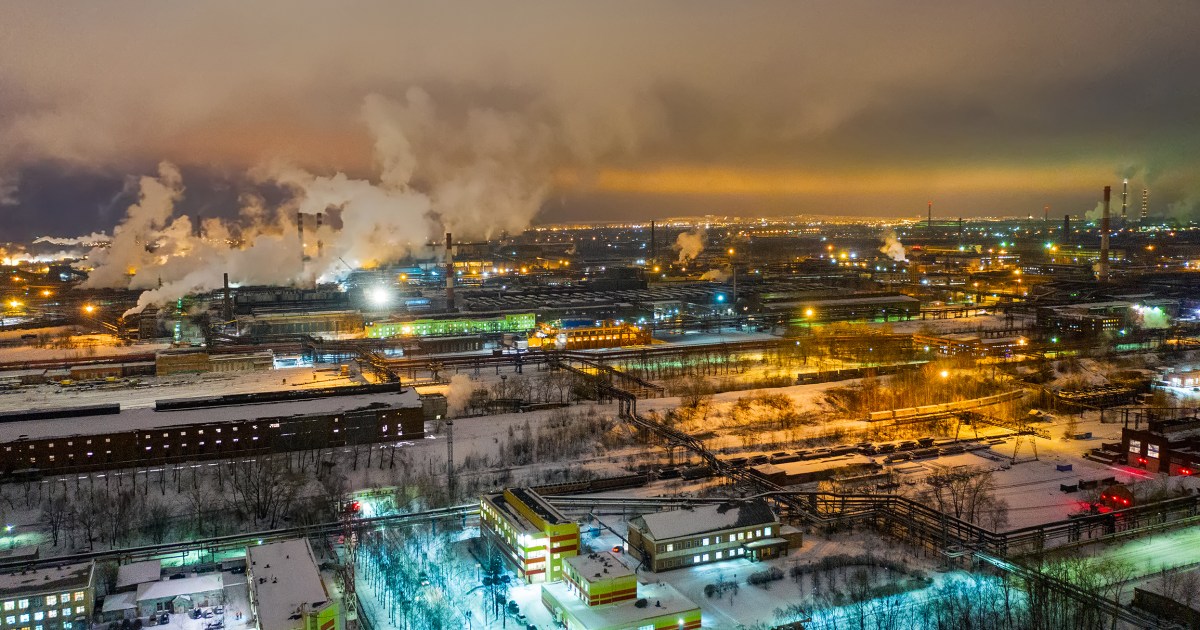The U.S. Department of Homeland Security kept extensive intelligence dossiers on people who were arrested, even for minor offenses, during 2020 protests in Portland.
PORTLAND, Ore — U.S. Department of Homeland Security officials in the Trump administration compiled extensive intelligence dossiers on people who were arrested, even for minor offenses, during Black Lives Matter protests in Oregon.
Initial drafts of the dossiers even included friends of the subjects as well as their interests, but those were later removed and replaced with a note that they would be made available upon request, according to an internal review by the Department of Homeland Security.
The dossiers, known by agents as baseball cards, were previously normally compiled on non-U.S. citizens or only on Americans with “a demonstrated terrorism nexus,” according to the 76-page report. It was previously released last year but contains new revelations based on extensive redactions that were removed by the Biden administration.
RELATED: ‘Their concerns were valid’: Audit finds Portland police wrongfully collected surveillance data on protesters in 2020
Ben Wizner, an attorney for the American Civil Liberties Union’s free speech, privacy and technology project, said the report indicates leaders of the Department of Homeland Security wanted to inflate the risk caused by protesters in Portland. The city became an epicenter of sometimes violent demonstrations in the wake of the killing of George Floyd, a Black man, by a Minneapolis police officer. But many protesters, including women belonging to a “Wall of Moms” ad hoc group and military veterans, were peaceful.
“We have a dark history of intelligence agencies collecting dossiers on protesters,” Wizner said over the phone from New York, referring to domestic spying in the 1960s and 1970s against civil rights activists, Vietnam War protesters and others.
“We need to be especially careful if agencies that are tasked with intelligence gathering are going to step in to to look at protest activity and where Americans are exercising their First Amendment rights,” Wizner said.
Protesters who break the law aren’t immune from being investigated, Wizner said, but intelligence agencies should be careful not to create “a chilling environment” for Americans to legally exercise their right to dissent.
The report reveals actions carried out by the DHS’ Office of Intelligence and Analysis in June and July 2020, when militarized federal agents were deployed to Portland.
When the dossiers, officially known as Operational Background Reports, were being compiled, some DHS analysts voiced concerns over the legality of collecting intelligence “on protestors arrested for trivial criminal infractions having little to no connection to domestic terrorism,” the report said. Some of the employees even refused to participate.
U.S. Sen. Ron Wyden, D-Oregon, obtained the report with most redactions removed and provided it to reporters Thursday. Wyden, a member of the Senate select committee on intelligence, criticized DHS leaders in the Trump administration for actions revealed in the document.
“Political DHS officials spied on Oregonians for exercising their First Amendment right to protest and justified it with baseless conspiracy theories,” Wyden said.
RELATED: Federal agents in Portland were undertrained and underequipped, report finds
Brian Murphy, who was then the acting undersecretary of DHS’ intelligence unit, insisted on calling violent protesters “Violent Antifa Anarchists Inspired,” even though “overwhelming intelligence regarding the motivations or affiliations of the violent protesters did not exist,” according to the report.
Top DHS leaders even wanted the department’s Office of Intelligence and Analysis to create dossiers on everyone participating in the Portland protests, but Murphy advised that the unit could only look at people who were arrested.
Surveillance was broadly used in other cities as well during the 2020 protests, with federal agencies sending unmanned drones and military aircraft to assist local law enforcement. But it’s not clear exactly how that surveillance was used: The ACLU filed a federal lawsuit against several government agencies seeking that information late last year, but the case is still underway in the Southern District of New York.
Still, some agencies have acknowledged the surveillance was problematic. An investigation by the Inspector General Department of the Air Force, completed in August 2020, found that Air National Guard aircraft was used to monitor protests in Minnesota, Arizona, California and Washington, D.C. without clear approval from military leaders.
The surveillance in Phoenix, Arizona was “particularly concerning,” the Inspector General’s investigation found, because documentation associated with the flight suggested it was being used to allow law enforcement agencies to rapidly deploy to locations where they hoped to deter protest or looting.
“There is no scenario in which it is acceptable or permissible to use DoD (Department of Defense) assets to deter demonstrations and protests, assuming they remain lawful,” the report said.
The DHS’ internal review on Portland also shows the baseball cards — which were usually one-page summaries — included any past criminal history, travel history, “derogatory information from DHS or Intelligence Community holdings,” and publicly available social media. Draft dossiers included friends and family of protesters as well.
Wyden credited current Undersecretary for Intelligence and Analysis Kenneth Wainstein for reviewing the Trump administration’s “unnecessary redactions” and releasing the unredacted report.
















